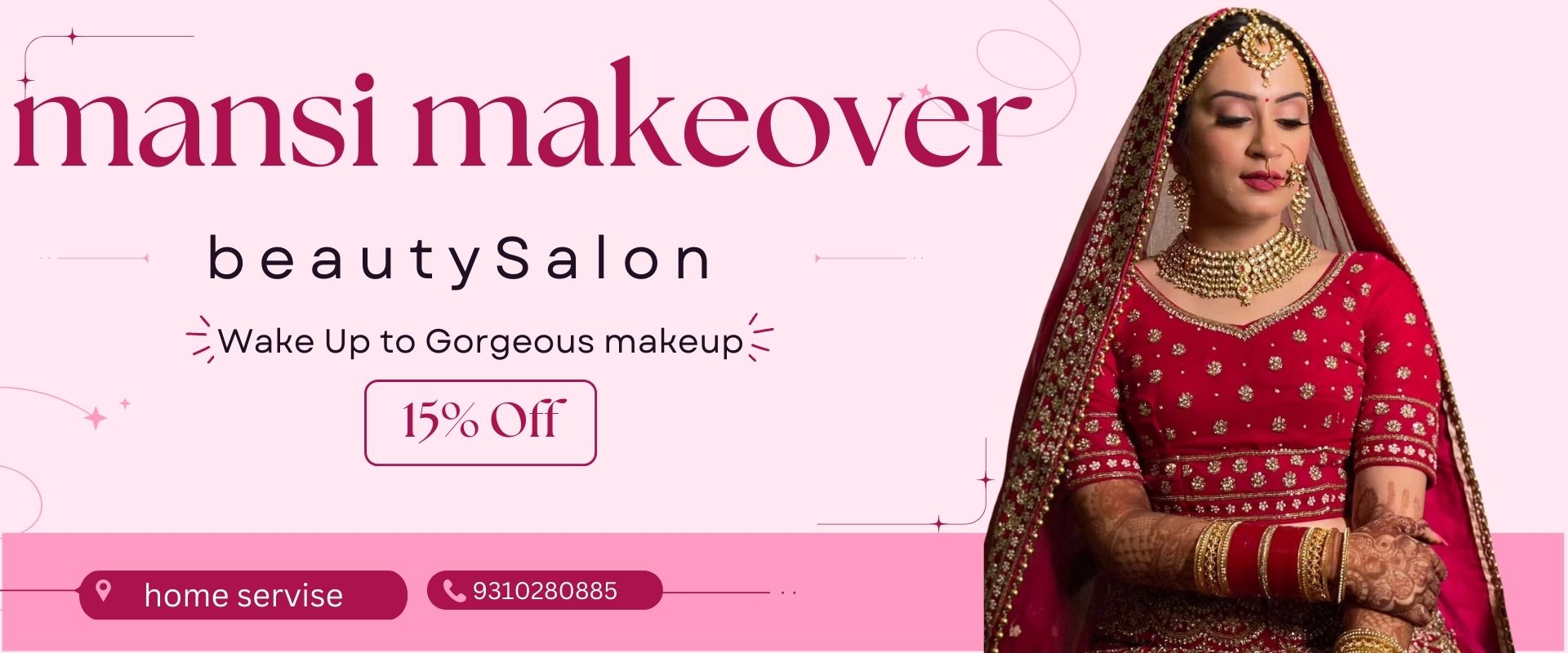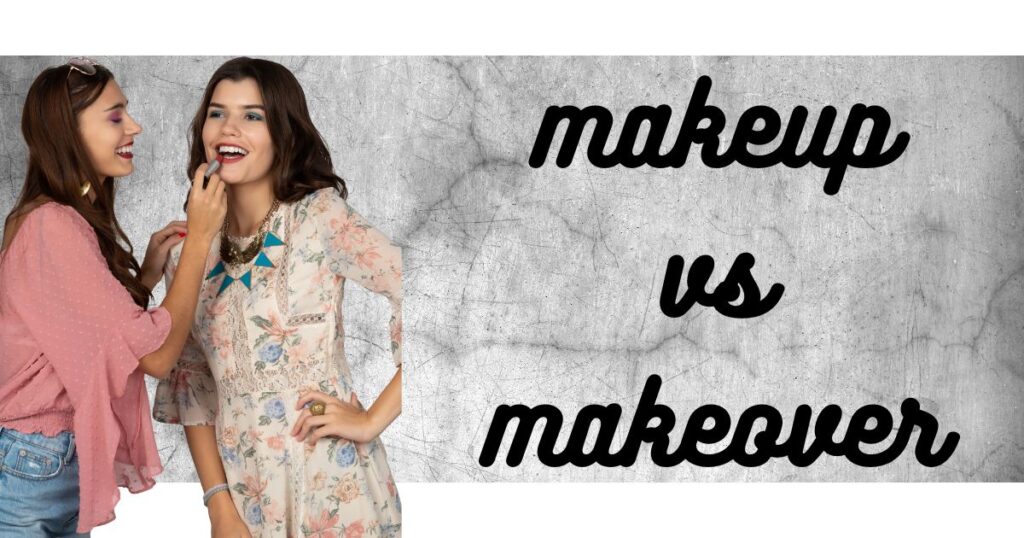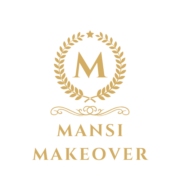From Dull to Dazzling: Genuine Makeover Transformations That Will Motivate You
May 23, 2025
No Comments

Day-to-Night Makeup Hacks: Quick Transformations Without Starting Over
April 14, 2025
No Comments
Whether you’re heading from the office to dinner, or from a casual brunch to an evening event, mastering the art of day-to-night makeup is a

As a professional makeup artist, I frequently encounter clients who confuse the terms makeup and makeover. Although these concepts are connected, they do not mean the same thing. Grasping the distinction between a standard makeup application and an extensive makeover can assist you in selecting the appropriate service, managing your expectations accurately, and achieving the outcomes you genuinely want.
Let’s clarify: What truly differentiates a simple makeup look from a dramatic makeover—and why is this distinction important?
What Is Makeup?
Makeup refers to the practice of enhancing one’s features through the use of cosmetic products. It can range from something as basic as applying mascara and lip gloss to a more intricate full face makeover for high-profile events. Generally, makeup is about making a statement in the moment—how you choose to showcase yourself for the day, during particular occasions, or within a photo shoot.
Common makeup services include:
Foundation and concealer for achieving a uniform complexion
Eye cosmetics (eyeshadow, eyeliner, mascara)
Lip color along with liner
Blush and contouring techniques for added definition
Highlighting for that luminous finish
In essence, makeup serves as a beauty accessory. Much like an outfit you don for various situations only to take it off later, it enhances your appearance without altering your true self beneath. You can apply it on your own with some practice or opt to have a professional refine your look for special occasions.
What Is a Makeover?
A makeover signifies a significant change. It transcends mere appearance, encompassing not only how one looks but also how one feels internally. A makeover can include the application of makeup, but it frequently entails:
– An assessment of skincare and tailored suggestions
– Brow shaping and coloring
– Hair styling or cutting
– Fashion advice or an update to your clothing style
– Guidance in building confidence or beauty consultations
Typically linked to major life transitions—such as starting a new job, celebrating a milestone birthday, experiencing a breakup, or simply wishing to transform oneself—makeovers aren’t just about looking good for a short while; they focus on developing an updated version of yourself that aligns more closely with your true self or future aspirations.
Main Distinctions Between Makeup and Makeover
Here’s a brief comparison:
Purpose: Augments existing look versus altering overall appearance Duration: Short-term effects compared to enduring results (e.g., hairstyling, skincare regimen) Scope: Concentrates on facial features while encompassing face, hair, clothing, and self-assurance Emotional Effect: Offers a polished feeling against providing empowerment and rejuvenation Ideal Scenarios: Suitable for special occasions, photoshoots, or daily use versus times of life transitions, personal reinvention, or seeking confidence enhancement.
Why Understanding the Difference is Important
Recognizing the distinction between makeup and a makeover is significant for several reasons:
1. Managing Expectations
A lot of clients anticipate a total transformation from a simple makeup session. When they do not observe a noticeable change, disappointment can arise—not due to poor application, but because they were expecting a makeover instead. Being clear about what service you are booking helps prevent such misunderstandings.
2. Selecting the Appropriate Service
If you’re looking to freshen up your look for an interview or an evening out, then makeup is ideal. However, if you feel stagnant in your style, uncertain about how to express yourself fashionably, or wish to unveil a more daring and self-assured version of yourself—a makeover would be more suitable.
3. Smart Budgeting
Makeup services typically cost less and require less time. In contrast, a complete makeover consists of additional steps, may involve more professionals, and often comes with a steeper price tag. Knowing the extent of the service assists you in placing your money where it matters most.
4. Emotional Development
A makeover goes beyond mere physical change; it also encompasses emotional transformation. It can alter how you view yourself, boost your confidence, and aid in personal healing. Numerous clients leave their makeover appointments with improved posture, broader smiles, and a deeper connection to their authentic selves.
When to Consider a Makeover
You may wish to think about getting a makeover if:
It’s been years since you last updated your appearance.
You’re transitioning into a new chapter in life (such as starting a new job or embarking on a relationship).
You feel out of touch with how you look.
You desire to feel rejuvenated and motivated again.
You’re getting ready for an important occasion such as a wedding or reunion.
Concluding Thoughts
Essentially, makeup serves as a technique, whereas a makeover represents a transformation. Both are lovely in their own right, equally valid, and can significantly influence your self-expression.
For those seeking a quick uplift for the day, makeup is the ideal choice. However, if you desire a more profound change that mirrors your inner development, it may be time to consider a makeover.
As a professional makeup artist, nothing compares to the satisfaction of helping someone uncover the beauty they already possess—be it through an application of lipstick or an incredible life-altering change. The crucial part lies in understanding what you need at any given moment and fully embracing your journey throughout the process.
